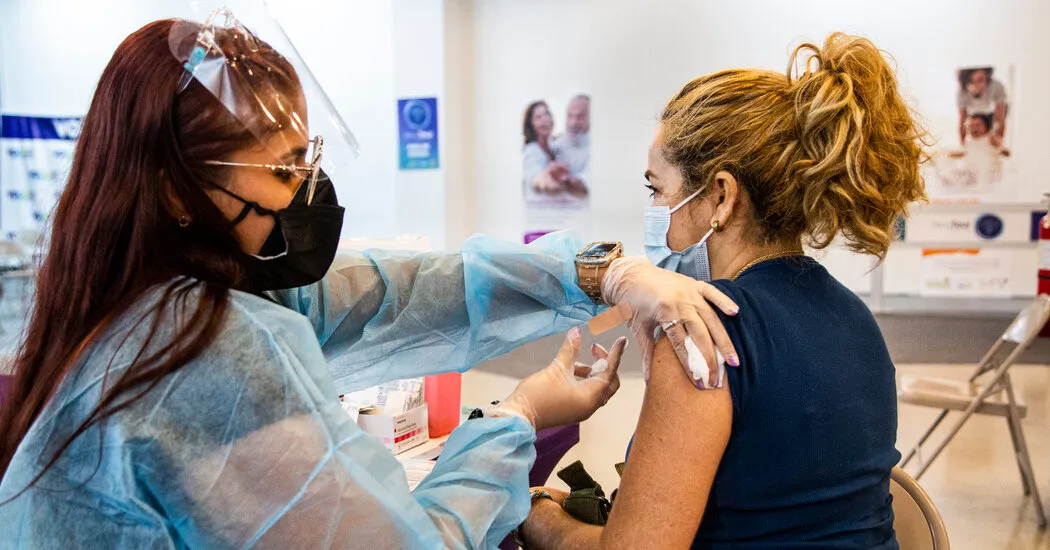Underprivileged children in Bathinda are being given remedial lessons close to their localities at Bamboo Schools before they are shifted to regular schools for formal education under a new initiative of the district administration.Officials said the administrations District Education Society opened two such schools last month for children with no formal learning or those who had dropped out of schools and added that two more are in the pipeline.
Underprivileged children in Bathinda are being given remedial lessons close to their localities at ‘Bamboo Schools’ before they are shifted to regular schools for formal education under a new initiative of the district administration.
Officials said the administration’s District Education Society opened two such schools last month for children with no formal learning or those who had dropped out of schools and added that two more are in the pipeline. The schools are makeshift rooms made of bamboo.
Bathinda’s Deputy Commissioner Showkat Ahmad Parray said that a survey of urban slums in the city was conducted and nearly 1,000 children from underprivileged backgrounds, mostly from migrant families, were identified to not have no formal learning or were school dropouts.
The ‘Bamboo Schools’ will act as a bridge or remedial schools that provide necessary informal classroom learning to prepare underprivileged children, including school dropouts, to be integrated into mainstream schools.
‘’It is a bridge system as these children cannot adjust to regular schools straightaway. So we start teaching them in their localities, motivate them and involve them to take part in activities. It is a familiarisation process and later formal education in regular schools will be given to them after about one year,’’ he said.
Parray said the idea about such schools for underprivileged children came when he was posted in Patiala earlier.
He said over there they had conducted a survey and had come across many models which could be applied.
After being posted in Bathinda, the idea to take up the project in a formal manner was started.
‘’We felt that if these children have to be adjusted in a regular school setting then, first of all, they will have to be engaged within their own community and provided exposure to basic schooling closer to the place where they live otherwise they won’t be able to adjust,’’ he said.
He said for the Bathinda project, they are using NGOs for mobilisation while teachers and interns are being engaged by the district administration.
‘’Currently, we are running two schools and we are planning to start two more in Bathinda at different locations,’’ he said.
The children enrolled are mostly small children, but some are older ones and many among them are dropouts, he said.
The children have the liberty to attend classes at any time between 10 am and 4 pm. Children are provided with books, notebooks and stationery items at the school, officials said.

















